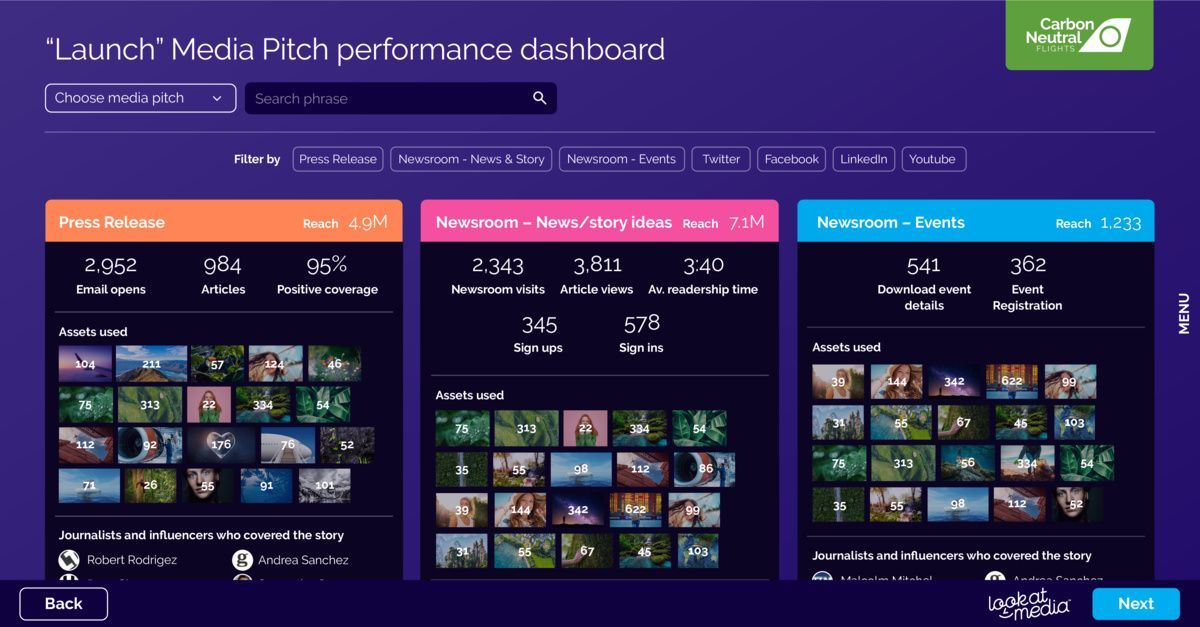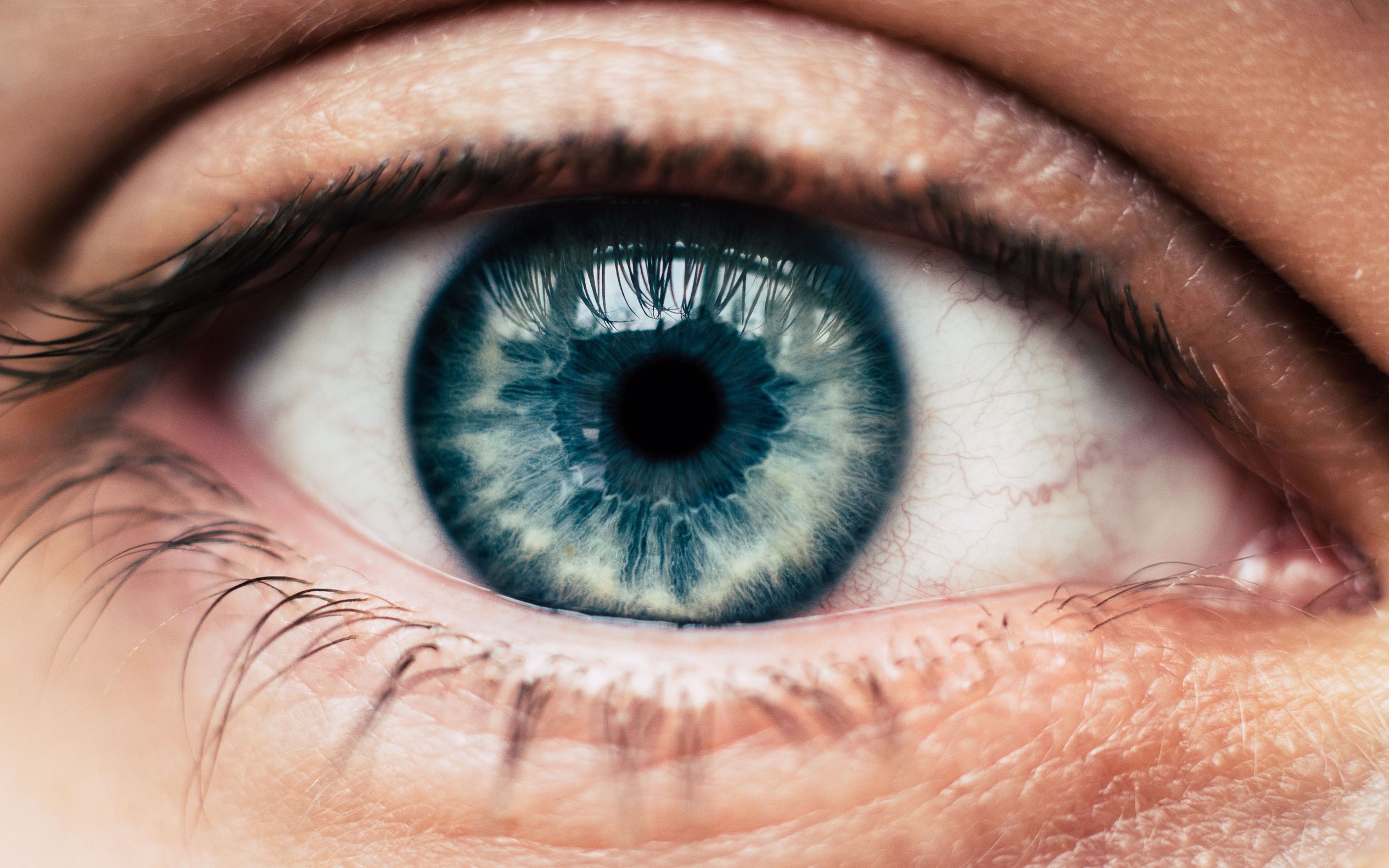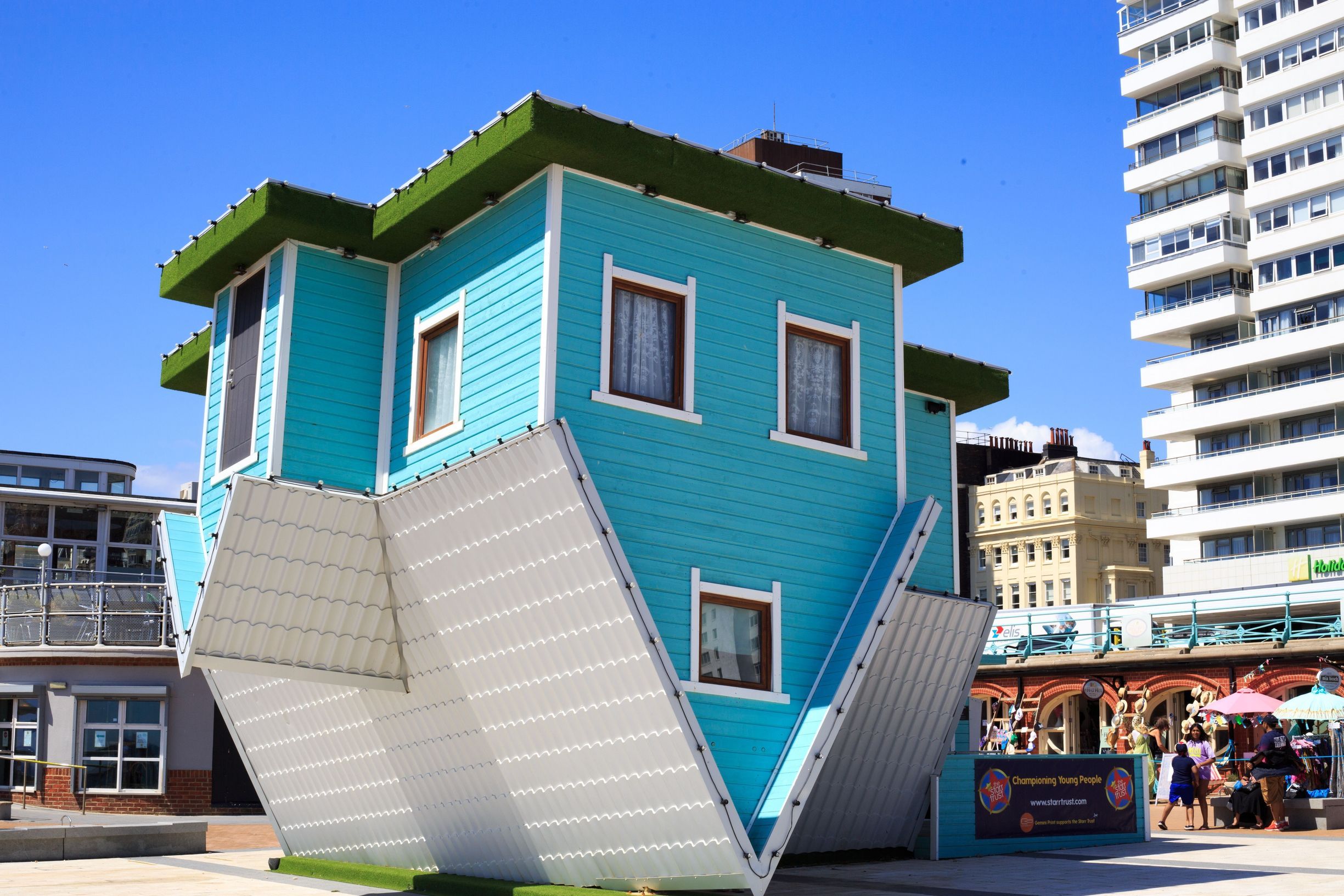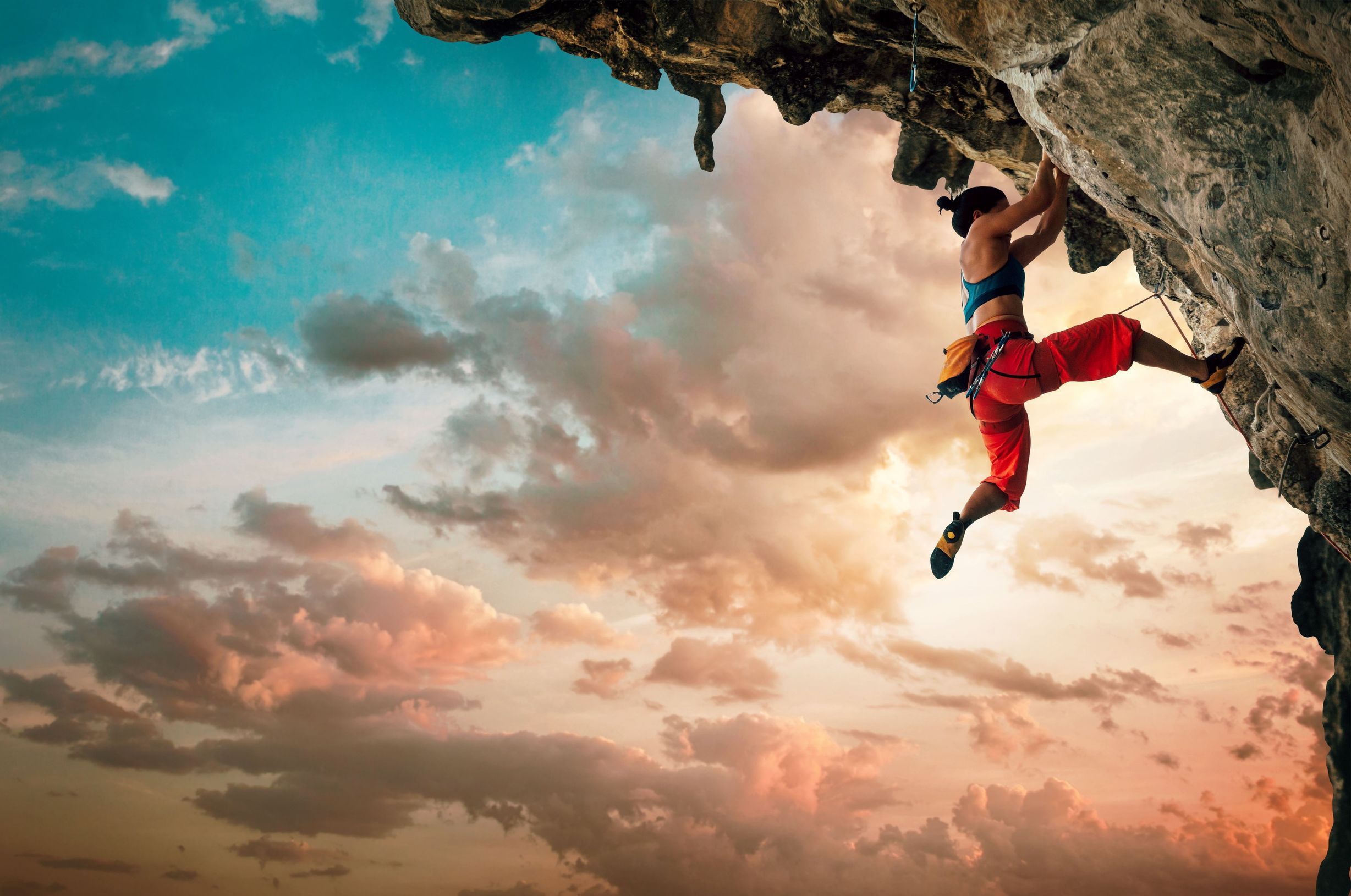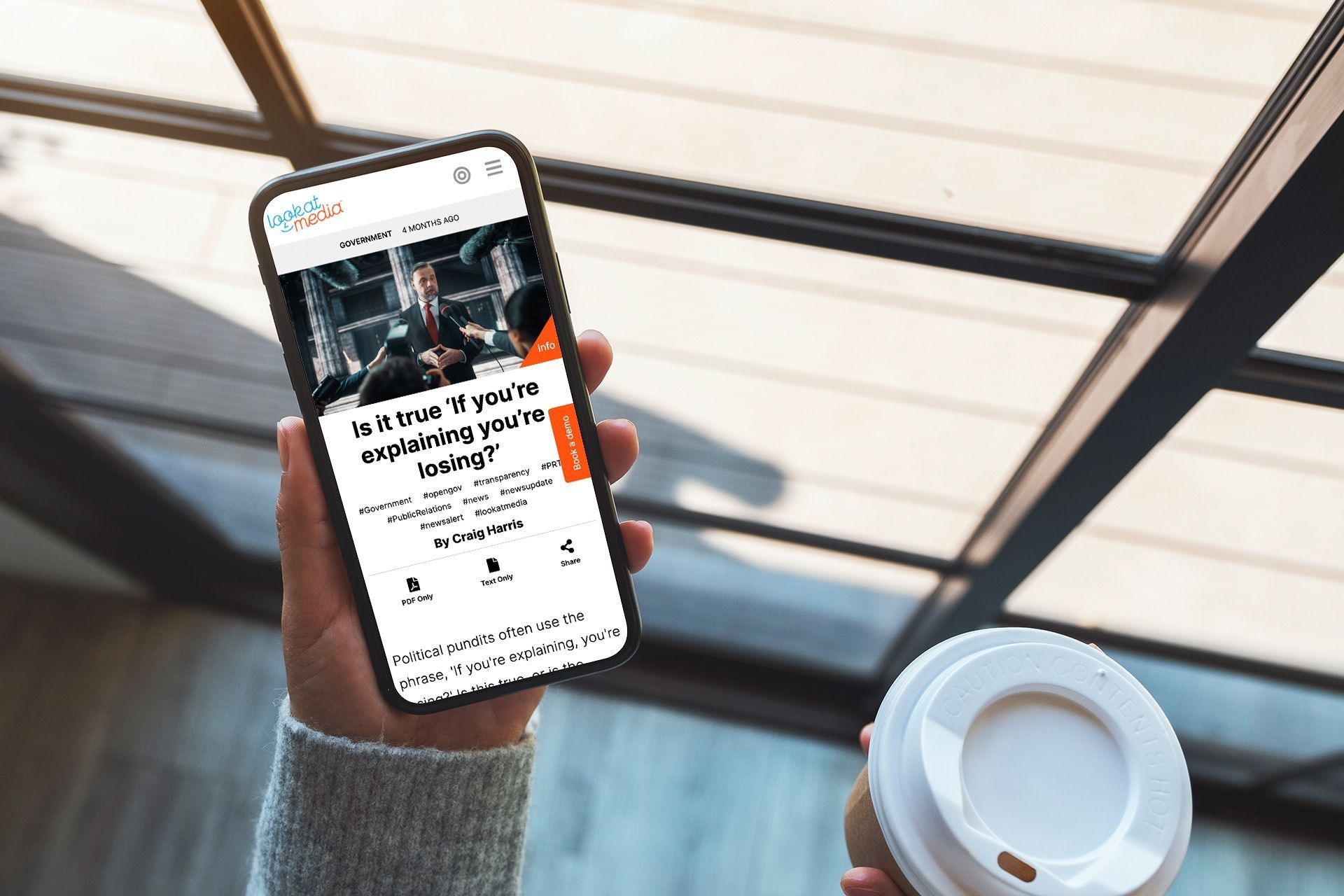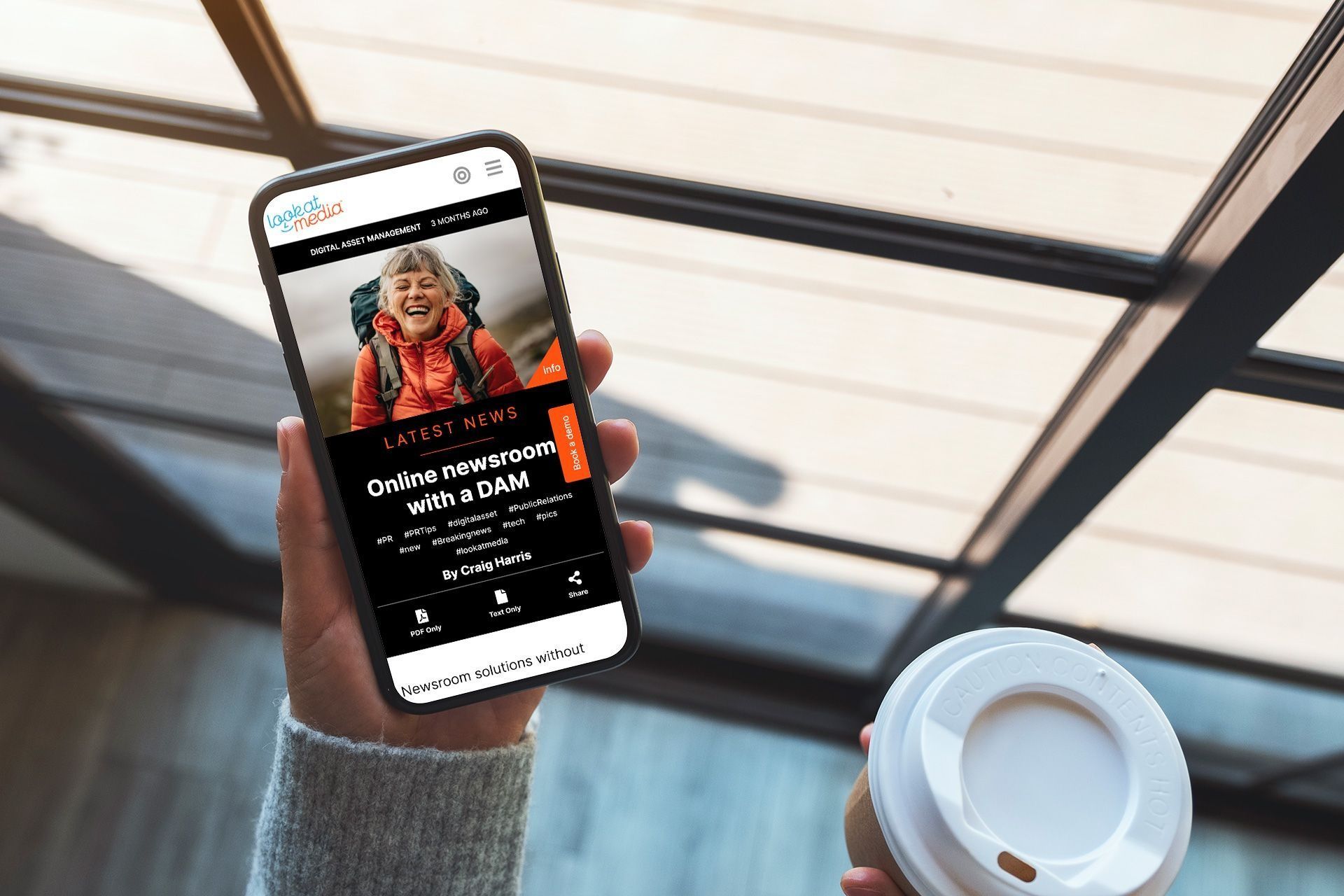
Believe what you see
Getty Images/iStockphoto
With the rise of AI-generated imagery and shrinking newsroom resources, journalists are relying more than ever on PR teams to supply authentic visual narratives that capture readers and viewers.
Audiences are consuming more images and video content daily than ever before. Recent data indicates that the average American is exposed to thousands of visual stimuli each day, from social media posts to streaming video and digital ads. While traditional written content remains important, the surge of visual media is reshaping how news is reported, absorbed, and remembered.
How Visuals Engage the Brain
Neuroscientists note that video and imagery activate the brain’s emotional and reward centers more deeply than text alone. Short-form videos, high-contrast images, and interactive visuals not only capture attention but also enhance memory retention, influencing perceptions and behaviors almost immediately. This effect is particularly strong among younger audiences, who spend upwards of four hours daily consuming visual content, with social media platforms driving the majority of this engagement.

In the blink of an eye
Getty Images/iStockphoto
The human brain can interpret an image and trigger an emotional response in just 13 milliseconds, literally the blink of an eye.

In the blink of an eye
Getty Images/iStockphoto
The human brain can interpret an image and trigger an emotional response in just 13 milliseconds, literally the blink of an eye.
Implications for Newsrooms
For media organizations, the message is clear: compelling visual narratives are no longer optional. Newsrooms that integrate graphics, video storytelling, and interactive visuals are more likely to engage audiences, increase trust, and drive response. The ability to translate complex stories into digestible, visually rich narratives is becoming a key metric of journalistic success.

Visual narrative rule
Getty Images/iStockphoto
For over 50 years, newsrooms have shown us the power of visual storytelling — but now, with fewer resources, they struggle to keep pace with social media. Lookatmedia™ media centers restore that balance.

Visual narrative rule
Getty Images/iStockphoto
For over 50 years, newsrooms have shown us the power of visual storytelling — but now, with fewer resources, they struggle to keep pace with social media. Lookatmedia™ media centers restore that balance.
The Currency of Influence
As attention spans shorten and screens dominate daily life, visual storytelling has become the currency of influence in modern media. Journalists and content creators who master the craft of visual narratives can captivate their audiences in ways text alone cannot achieve.

Less reading and more viewing
Getty Images/iStockphoto
We now spend more time consuming visual content — and less time reading, than at any other point in recorded history.

Less reading and more viewing
Getty Images/iStockphoto
We now spend more time consuming visual content — and less time reading, than at any other point in recorded history.
Bridging the Gap with Branded Media Centers
This is where Lookatmedia™ offers a unique advantage. By providing branded media centers, Lookatmedia™ equips journalists with a rich, reliable resource of pre-approved, media-compliant images and videos. These centers serve as a go-to repository for story ideas, enabling media professionals to discover, return to, and draw upon deep libraries of visual content to craft their narratives. In doing so, Lookatmedia™ not only supports compelling storytelling but also helps ensure accuracy, compliance, and efficiency, empowering journalists to create visual narratives that truly resonate.

From A to B
Getty Images/iStockphoto
The most direct path to stronger, more positive earned media coverage is empowering journalists with the resources to create their own compelling visual narratives.

From A to B
Getty Images/iStockphoto
The most direct path to stronger, more positive earned media coverage is empowering journalists with the resources to create their own compelling visual narratives.
